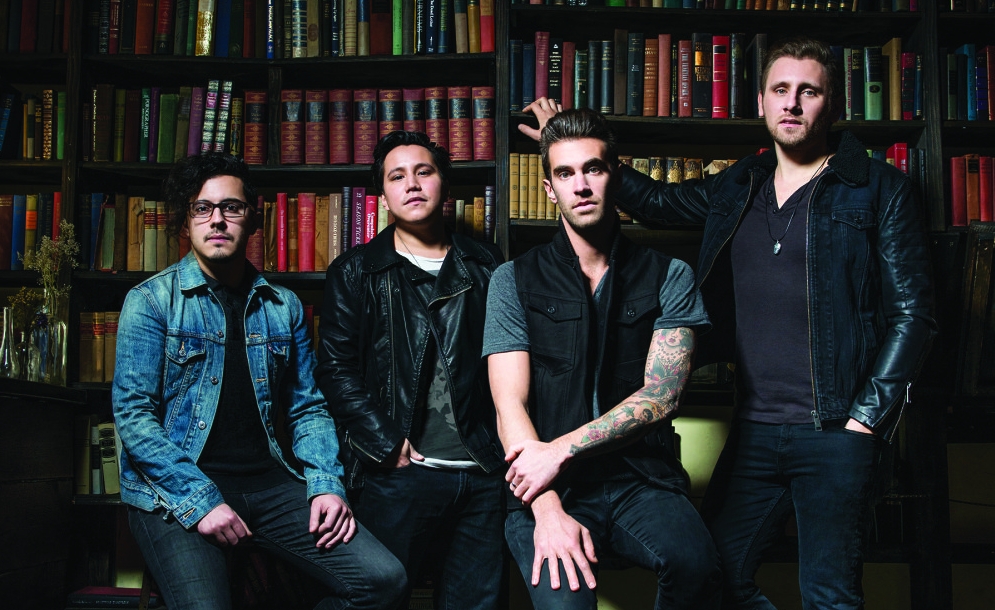With such heavy criticism of the work of reviewers of late from artists themselves, is the role of the reviewer becoming more or less important to an artist and their audience?
The belief that “all press is good press” doesn’t always ring true but in this case it certainly does. Our roles as reviewers and critics have become more important because the reviewers are now being reviewed and, frankly, this is well overdue. Good example, Lorde and Iggy criticising sections of the media for doing a story on an artist and then “throwing them under the bus” by running a negative review. Well DUH, reviews aren’t advertorial. Everyone thinks they’re a critic these days – which is fine – but only a small percentage of those opinions are qualified.
– Mikey Cahill
Would it benefit Australia’s culture to further personalise our critics? Should we get to know them, and critique their work itself? Or does anonymity make for more accurate and constructive criticism?
Anonymity in music criticism is horseshit. What Australia’s culture needs – insofar as local music criticism impacts this country’s culture is far greater transparency than what’s currently offered, both with regards to critics and publications themselves and with the reportage.
How could you possibly trust any critic who hides their biases? I’m not just talking about taste, but their relationships in the industry as well. When you’ve been around for a minute and you get to know the other folks in this game, it becomes immediately apparent whose criticism is impacted by who they’re acquainted with, and that that’s not more widely disclosed is indefensible. I get the impression that not many readers question these backdoor alliances (and how could they when they’re so wilfully obscured?) but you should always wonder whose hands are massaging which shoulders.
When you can’t trust a critic to disclose at least that much, you have no reason to trust anything they say about music anywhere at all. As a reader you should expect to know explicitly where a critic’s biases lie, and if they’re not open about it, chuck ’em in the bin. Anonymity gives people the license to dodge that accountability.
– Jake Cleland
When reviewing a band or artist that has not yet hit the big time, is it the duty of a reviewer to give a negative review where they think it is appropriate? Is there any value at all in criticising or discouraging an up-and-coming act?
Criticising and discouraging are two vastly different actions. It’s the duty of a reviewer to give an honest critical evaluation no matter the calibre of the artist. If an artist is discouraged by critical evaluation, whether it be negative or positive, it’s moreso a reflection on the artist themselves rather than the critic.
Arguably, up-and-coming groups are more likely to benefit from critical assessment than higher tier acts – and whether they choose to take constructive feedback in their stride and apply it towards their future work, or perhaps instead feel discouraged, is their own choice. In any case, a critic shouldn’t ever approach a record with pre-conceived notions or allow for any form of bias to cloud their judgment.
– Tyson Wray

